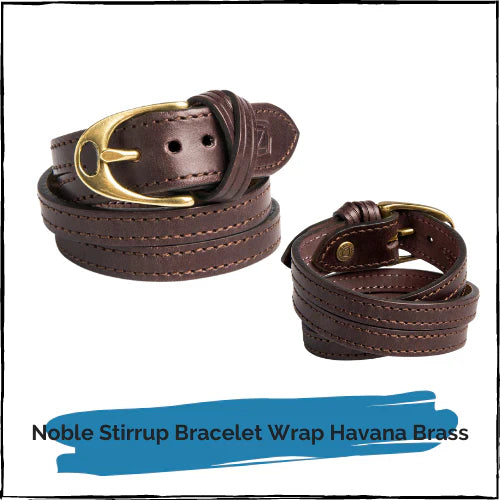Menu
-
-
RIDER
-
HORSE & DOGS
-
BRANDS
-
GIFTWARE
- SALE
- SADDLE & BIT FITTING
- OUR WORKSHOP
- Leg Up Bursary
- Configurators
- ABOUT US
- CONTACT US
-
- Login

GIFTWARE
OVERSEAS BRANDS
Samshield
Cavallo
Schockemohle
KEP
Veredus
A column with no settings can be used as a spacer
Link to your collections, sales and even external links
Add up to five columns
OVERSEAS BRANDS
Samshield
Cavallo
Schockemohle
KEP
Veredus
A column with no settings can be used as a spacer
Link to your collections, sales and even external links
Add up to five columns
Walkenny Park Activated Charcoal
Activated charcoal is often used for horses because it can bind to toxins, chemicals, and certain drugs in the digestive tract, preventing them from being absorbed into the bloodstream.
Considered useful:
-
Emergency toxin treatment – If a horse eats poisonous plants, moldy feed, or certain chemicals, activated charcoal can adsorb (bind) those substances.
-
Wide toxin coverage – It works against many alkaloids, pesticides, herbicides, and even some mycotoxins from moldy grain or hay.
-
Reduces further absorption – Instead of letting the toxin move deeper into the gut, the charcoal holds onto it until it’s excreted in manure.
-
Safe when used correctly – It generally passes through without being absorbed into the horse’s body.
Important notes:
-
Activated charcoal doesn’t work for all toxins (e.g., heavy metals, some alcohols).
-
It’s most effective if given soon after ingestion (ideally within 1–2 hours).
-
In horses, it’s usually given via a nasogastric tube by a vet, because large doses are needed and paste forms may not be enough.
-
Overuse can cause constipation or dehydration, so it’s not a “just in case” daily supplement.





